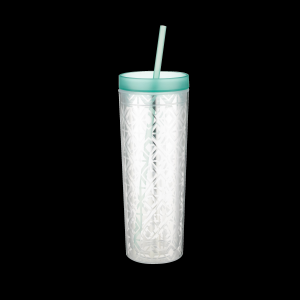When we think of recycling, the first things that come to mind are the common waste: paper, plastic, glass and aluminum cans. However, there is one category that is often overlooked – pill bottles. While millions of prescription bottles are used and thrown away every year, have you ever wondered if anyone recycles them? In this blog post, we’ll delve into the tantalizing yet unexplored area of pill bottle recycling, examine its feasibility and environmental impact, and provide suggestions on how to give these tiny containers a second life.
Ecological impact
To understand the potential impact of recycling pill bottles, it is important to recognize their impact on the environment when not recycled. Pill bottles are primarily made of plastic, a material that takes hundreds of years to break down. When they are discarded in landfills, they accumulate and release harmful chemicals into soil and water as they break down, causing pollution. To minimize this environmental burden, finding a way to recycle pill bottles seems like a logical and responsible option.
Recycling dilemma
Despite the ecological imperative for pill bottle recycling, reality often falls short. The main challenge lies in the different types of plastic used in the production of medicine bottles. Most pill bottles come in bottles made from #1 PETE (polyethylene terephthalate) plastic, which can be recycled. However, the smaller size and shape of pill bottles often causes problems during sorting and processing at recycling centers, leading to bottlenecks in the recycling process. Additionally, due to privacy and security concerns, some recycling facilities do not accept prescription bottles because personal information may still be on the label.
Creative Solutions and Opportunities
Despite the obvious recycling dilemma, there are still ways we can contribute to the sustainable reuse of pill bottles. One way is to repurpose them for storage purposes. Pill bottles can be used to store small items such as earrings, buttons or even hairpins, reducing the need for other plastic containers. Another option is to work with pharmaceutical companies to design vials with recyclable features, such as removable label sections or containers that can be easily removed. Such innovations will make the recycling process more efficient and less prone to issues related to privacy concerns.
Recycling of medicine bottles should be considered a necessary step towards sustainable waste management. While the current path to widespread pill bottle recycling may be challenging, it is our responsibility as consumers to explore creative solutions, demand environmentally friendly packaging, and work with recycling programs to make it a reality. Working together, we can ensure these often discarded containers have a new life.
Post time: Sep-18-2023
